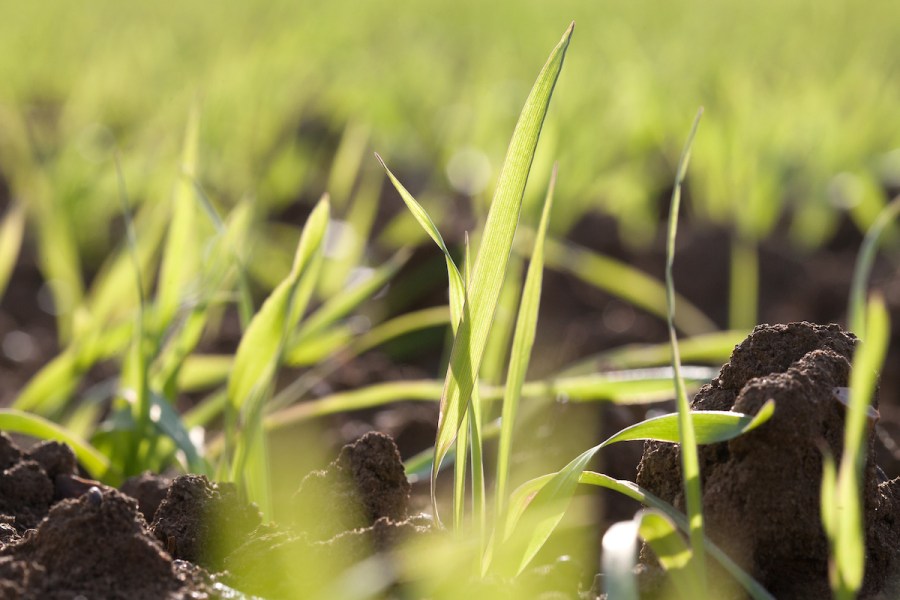Anyone lucky enough to have managed to get any winter seed in the ground will no doubt be feeling the pressure at the moment, with the anticipated impact of continued widespread rain and flooding raising questions as to whether drilling was even worth it in the first place.
What’s more, with things not looking to ease off anytime soon, the spring cropping window looks to becoming more and more narrow, putting additional workload and expectation on an already difficult year.
“Current winter cereal crops will be suffering as a result of the extremely wet winter, with poor establishment and shallow-rooted crops that have been in anaerobic conditions for an extended period of time,” explains Don Pendergrast, technical manager at UPL UK and Ireland.
Soil nutrient levels are also likely to be low, he adds. “The outcome of poor nutrient status and shallow rooting will

Don Pendergrast, technical manager at UPL UK and Ireland
become more apparent in dryer summer conditions as the plant moves into grain-filling stage, when the poor root structure will reduce the potential for grain filling and as a result the harvest potential.”
Even though spring crops aren’t in the ground yet, there are also issues to be aware of, Don warns. “As we know, the current weather conditions have forced many growers to consider an increased area of spring cereals, but the pressure is already on and widespread delay is likely, due to much of the land being completely sodden and leaving growers unable to travel.
“This will mean that spring crops will be reliant on as much help as possible to push through the growing cycle.”However, while this is the pretty bleak outlook for some, Don believes there could be a solution in the form of a natural active— GA142.
But what exactly is it? “GA142 is a natural plant active, which is extracted by a unique process to optimise and concentrate the active ingredient, and is found in products such as Rooter and Calibra Carbo,” he explains. “By removing inert material such as alginates, the GA142 products are effective at a low dose rate, which enhances their efficacy and also improves their compatibility in sprayer tank mixes. Effectively, this means that they can be applied with insecticides, fungicides, PGR’s and other crop nutrition products.”
Ultimately, GA142 works by stimulating reductases that enhance the plant’s nutrition pathways in the root, which boosts its mineral uptake through the roots— giving increased root and shoot biomass as well as increases in tiller production, he adds. “With increasing climate extremes, the value of achieving good root structures is particularly critical to protect a plant’s yield potential.
“Results from trials over the past four years have shown that the high quality GA142 formulations such as Rooter and Calibra Carbo consistently enhance root development when compared with other biostimulants based on other modes of action.”
So what are the potential practical benefits for both winter and spring crops this year?
“With regards to the winter crops already in the ground, it’ll still be possible to enhance root growth in the period up to stem elongation, which means that a GA142 product can be added to spray applications up to and including T0,” explains Don. “The addition of an application of GA142 products at just 1 litre/ha has the real potential to boost uptake efficiency and enhance rooting— which will no doubt be invaluable to many winter cereal crops.”

In the case of spring cereals, trials from 2016 to 2019 show that applications of GA142 products can secure yield benefit over untreated of 0.4t/ha (5%) on average from a single application at two true-leaf stage, he adds. “Spring crops will be going in later, meaning they’re already on the backfoot— so growers can’t afford to lose time in terms of root and foliar architecture.
“These products will really help to keep cereals going, to manage the situation and to protect — and promote — yield as much as possible.”
For more information, visit: www.upl-ltd.com




